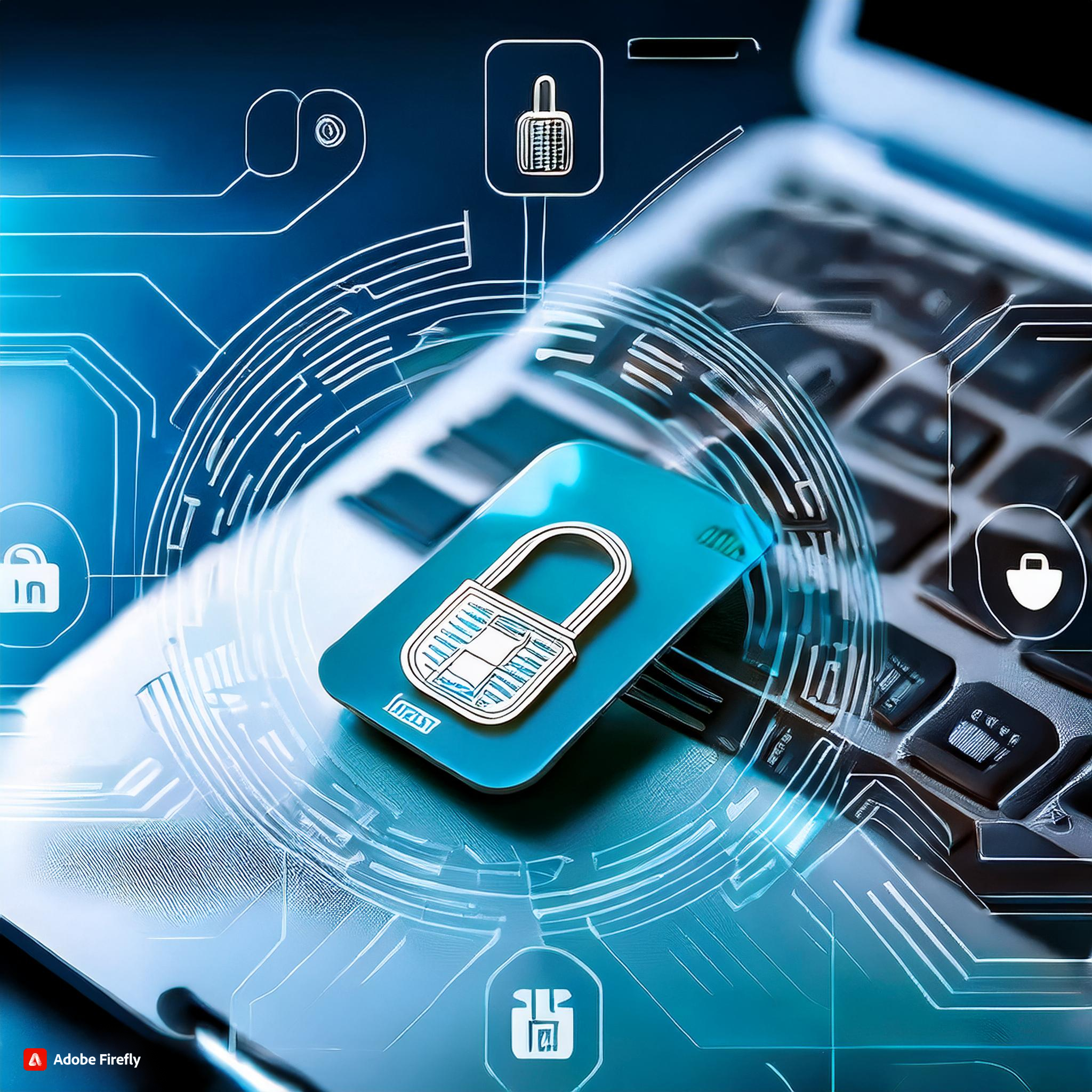Data protection: The importance of PCI compliance
Credit card payments have become a common and convenient way to conduct transactions for both consumers and merchants. However, this convenience comes with the responsibility of protecting customer data. This is where PCI compliance comes into play, a crucial element for any business that processes credit card payments. In this article, we will explore what PCI compliance is, why it is essential, and how it relates to the use of effective payment solutions.
What is PCI compliance?
PCI (Payment Card Industry) compliance refers to a set of security standards created to protect cardholder information. These standards were established by the PCI Security Standards Council, an organization founded by major credit card companies such as Visa, MasterCard, and American Express. The primary goal of these standards is to reduce the risk of fraud and data theft in the payments sector.
To be compliant, a business must meet several requirements, ranging from securing data to implementing strict access controls. In short, any business that accepts credit card payments must implement appropriate security measures to protect customer information.
Why is PCI compliance essential?
PCI compliance should not be viewed as just a regulatory obligation. It is essential for several reasons:
- Protection of Customer Data
By adhering to PCI standards, businesses ensure that sensitive data, such as credit card numbers, is protected from unauthorized access. This enhances consumer trust, which can lead to increased sales. - Reduction of Fraud Risk
Data breaches can be costly for businesses, both financially and reputationally. PCI compliance helps minimize the risk of fraud by implementing robust security systems. - Avoiding Fines and Penalties
Businesses that do not comply with PCI standards can face hefty fines from financial institutions. Additionally, in the event of a breach, they may also be held liable for losses incurred by customers. - Improving Business Reputation
Customers are increasingly concerned about the security of their data. A business that demonstrates it takes security seriously is likely to stand out from competitors and attract more customers.
How to ensure PCI compliance?
PCI compliance may seem daunting, but there are several steps businesses can take to ensure they meet the standards:
- Assess Needs
Each business should evaluate its level of risk and determine which PCI requirements apply to it. This may include an assessment of payment processing methods and existing security systems. - Implement Security Measures
This involves ensuring that encryption technologies, firewalls, and access controls are in place. Businesses should also ensure that their employees are trained in best security practices. - Regular Monitoring and Testing
Continuously monitoring systems and conducting regular tests to identify vulnerabilities is essential. This ensures that security measures remain effective against evolving threats. - Document Processes
Documenting procedures and policies is crucial for proving compliance in the event of an audit. This also includes regularly updating procedures based on new threats and changes to PCI standards.
Challenges of PCI compliance
While PCI compliance is essential, it can present challenges for many businesses. Small and medium-sized enterprises, in particular, may find the process complex and costly. Here are some common challenges:
- Associated Costs: Expenses related to implementing security measures and training employees can be substantial.
- Technical Knowledge: Many businesses lack the internal resources necessary to manage PCI compliance, which may require outsourcing to experts.
- Constant Updates: PCI standards evolve regularly, and businesses must be prepared to adapt to new requirements.
Secure your data with DRS Payments
For businesses looking to simplify the PCI compliance process, utilizing appropriate payment solutions is an excellent starting point. DRS Payments offers payment solutions that integrate advanced security measures and ensure optimal protection of customer data. By choosing DRS Payments, businesses can not only enhance their PCI compliance but also benefit from a smooth and efficient payment process.
Ultimately, PCI compliance is more than just an obligation; it is a necessity in today’s digital world. By committing to protecting customer data, businesses not only comply with regulations but also establish a foundation of trust with their clientele. To navigate this complex environment, integrating reliable payment solutions, such as those offered by DRS Payments, can be a valuable asset. Ensure your business meets PCI requirements and stays secure in the world of credit card payments.







